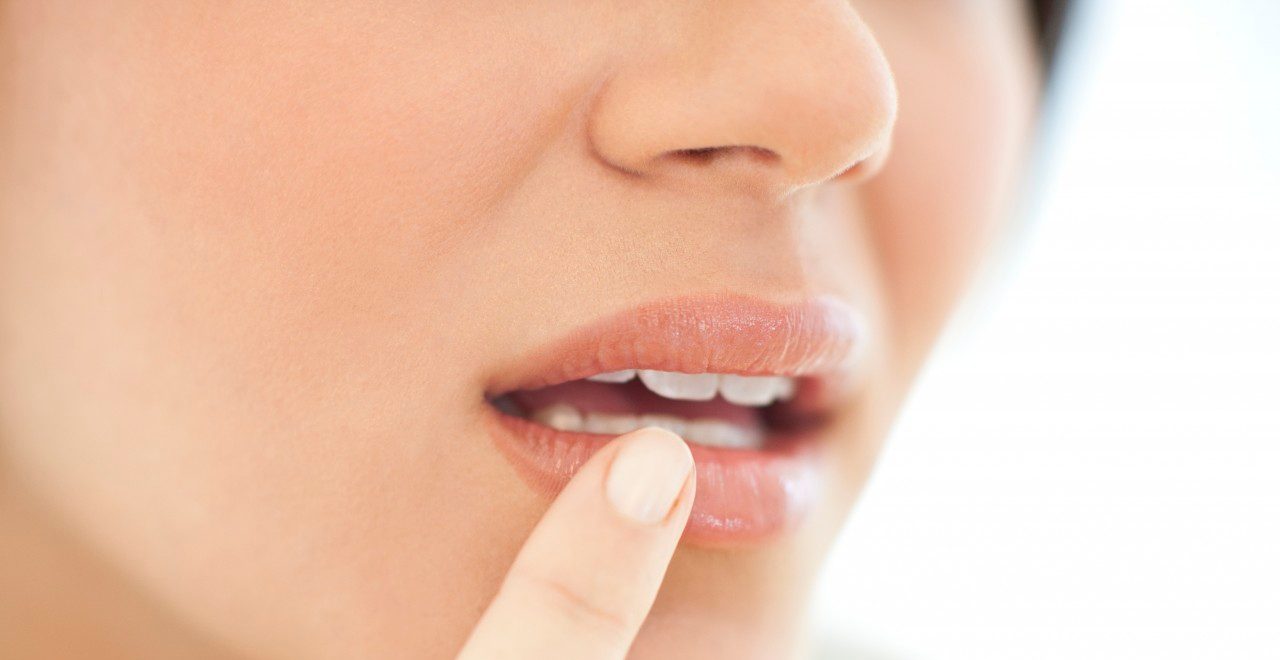Natural Remedies for Cold Sores

Cold sores on lips and around the mouth can be painful and embarrassing. Although there’s no cure, natural remedies for cold sores can help relieve symptoms.
If you’ve ever experienced cold sores, you’ve been infected with the herpes simplex virus (almost always the HSV-1 strain). It’s spread by close contact, such as kissing. Once you’ve had an outbreak, you may never have another one. For many people, however, cold sores do return from time to time.
That’s because once you’re infected with the herpes virus that causes cold sores, it stays in your body, hiding inside nerve cells in your skin. It’s dormant between outbreaks but the virus can re-emerge if you are under stress, have another illness or are fatigued. Sunburns and hormonal changes can also trigger a new crop of cold sores - or they can pop up for no apparent reason.
Outbreaks of cold sores (also called fever blisters), tend to happen most often during the first year of HSV-1 infection and recurrences often become less frequent over time because your body makes antibodies that help keep the virus in check, the American Academy of Dermatology (AAD) notes.
Cold sores, no matter how often they occur, can be painful. The good news is natural remedies for cold sores can help reduce the often-unpleasant symptoms during an outbreak.
YOU MIGHT ALSO LIKE: Are Cold Sores Contagious?
Look: Facts about cold sore symptoms and treatment
Before cold sores appear, your skin may burn, tingle or itch for a day or two. Then one or more fluid-filled, painful blisters develop on the lips or around the mouth. The sores can sometimes appear on the face or tongue, but that’s uncommon, according to the AAD. You may have swollen lymph glands in your neck, body aches and some fever, too. Cold sores break open, leaking fluid, and a crust forms before the sores heals in about 7 to 10 days.
In most healthy people, medical treatment is often not needed. Over-the-counter pain relievers, like acetaminophen, can help relieve discomfort while sores heal. Sometimes doctors prescribe antiviral drugs, such as acyclovir, famciclovir and valacyclovir for cold sores – the medications are not a cure but may shorten the outbreak period. Antiviral creams containing some of these same medicines may also speed healing process, by about a day.
Fortunately, whether or not you take prescription medications, natural remedies for cold sores that can help reduce symptoms until the outbreak subsides.
Try these natural remedies for cold sores
- Aloe vera gel feels cool and soothing on cold sores and may help them heal. In fact, researchers have discovered the plant-derived substance possesses natural anti-viral properties that may shorten cold sore outbreaks.
- The amino acid L-lysine is often touted as a natural remedy for cold sores. Although there’s mostly anecdotal evidence L-lysine supplements may prevent or shorten an outbreak, the AAD suggests applying an over-the-counter cream containing the amino acid to blisters to help heal them.
- To calm pain, look for menthol in topical over-the-counter creams, too. Menthol, an organic compound derived naturally or synthesized from peppermint and other mints, is a natural topical analgesic for skin pain.
- Change your diet during an outbreak. Avoid spicy and acidic foods, including tomatoes and orange juice, which can irritate cold sores and increase pain.
- Use cold compresses to numb painful, burning areas of your skin naturally. But use a cold pack or ice wrapped in a towel or other thick cloth. Putting ice directly on a cold score or the surrounding area can damage your skin.
- Wash cold sores gently with mild soap and water, as needed. However, wash your hands thoroughly afterwards. If you touch cold sores and then touch another part of your body without washing your hands, you can spread the virus and make your outbreak worse.
Bottom line? Natural remedies for cold sores help
Although there’s no cure for cold sores, they will clear without treatment in most people. And, until they go away, natural remedies for cold sores can help you feel better.
Of course, you want to prevent the spread of the HSV-1 to anyone else if you are having a recurrence. So, avoid touching others’ skin, kissing, and sharing items such as cups, lip balm, razors and towels during a cold sore outbreak.
Although serious complications from cold sores can occur, they are extremely rare in healthy people. Primarily, unborn babies, newborns and people with a weakened immune system or long-term illness (such as HIV/AIDS or cancer) are at increased risk and should seek medical attention immediately if they have symptoms of a cold sore outbreak.
Updated:
May 23, 2019
Reviewed By:
Janet O’Dell, RN